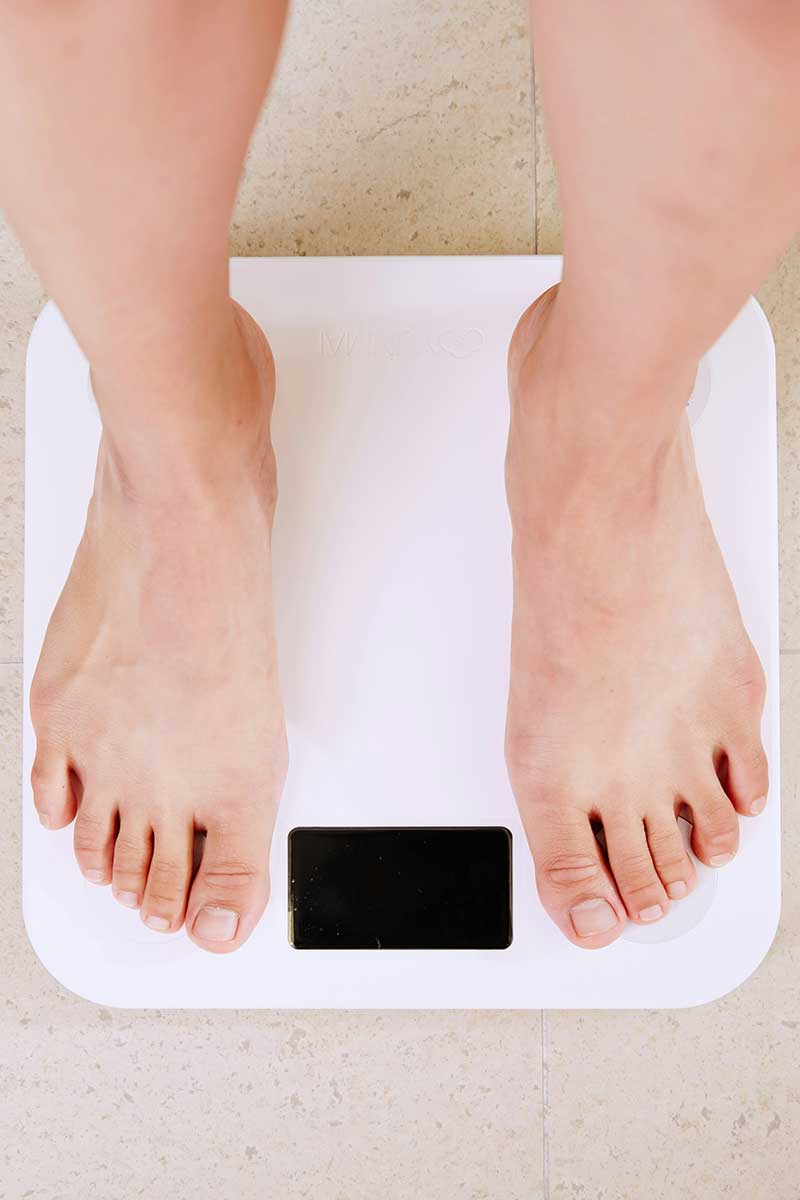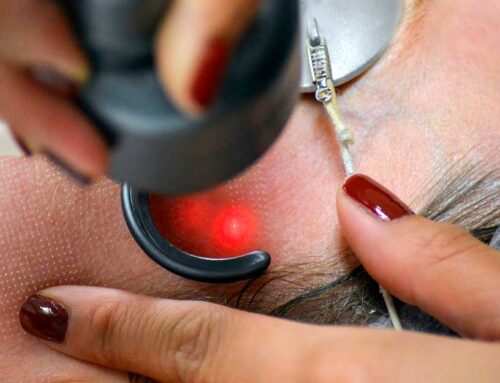How Hormones Affect Your Weight Loss
In today’s fast-paced world, finding time to focus on personal health and weight loss can feel like an impossible task. Between juggling work, family, and countless other responsibilities, it’s no wonder many of us struggle to see the results we desire. You might be sticking to your diet and squeezing in workouts whenever you can, yet the scale remains stubbornly unchanged. This lack of progress can be incredibly frustrating, especially when you’re already stretched thin.
But what if the missing link isn’t more time or effort, but rather understanding the role your hormones play in weight management? These chemical messengers are crucial in regulating your body’s functions, including metabolism and appetite. By understanding how hormones impact your weight loss journey, you can unlock new strategies to achieve your goals, even with a packed schedule.
Understanding Hormones and Weight Loss
Hormones are chemical messengers that travel through the bloodstream to tissues and organs, regulating various bodily functions, including metabolism, appetite, and energy levels. They play a crucial role in maintaining balance within the body, and any disruption can significantly impact your weight loss journey.
Key Hormones Involved in Weight Loss
- Insulin: Insulin is a hormone produced by the pancreas that regulates blood sugar levels by facilitating the uptake of glucose into cells for energy. When insulin levels are consistently high, often due to excessive sugar and carbohydrate intake, the body may start storing more fat, making weight loss difficult. Insulin resistance, a condition where cells become less responsive to insulin, can further complicate weight management.
- Cortisol: Known as the stress hormone, cortisol is released by the adrenal glands in response to stress. While it’s essential for survival, chronic stress can lead to elevated cortisol levels, which may increase appetite and cravings for high-calorie foods. This can result in weight gain, particularly around the abdomen, and hinder weight loss efforts.
- Leptin: Leptin is produced by fat cells and helps regulate energy balance by signaling the brain to reduce appetite when the body has enough energy stored. However, in cases of leptin resistance—often seen in obesity—the brain doesn’t receive the signal, leading to increased hunger and overeating, making weight loss challenging.
- Ghrelin: Often referred to as the “hunger hormone,” ghrelin is produced in the stomach and stimulates appetite. It signals the brain to increase food intake when the stomach is empty. High levels of ghrelin can lead to increased hunger and difficulty adhering to a calorie-controlled diet, impacting weight loss progress.

The Impact of Hormonal Imbalance
Hormonal imbalances can manifest in various ways, often affecting your ability to lose weight. Common symptoms include sudden weight gain, fatigue, mood swings, and increased cravings. When hormones are out of balance, your body may struggle to regulate metabolism and appetite effectively, leading to stalled weight loss or even weight gain despite healthy habits.
But your hormones don’t just affect your weight loss and gain. They also affect other areas of your life, including:
- Persistent Acne or Skin Changes: Hormonal fluctuations can lead to changes in your skin, such as persistent acne, especially around the jawline and chin. These breakouts are often linked to imbalances in hormones like testosterone and estrogen.
- Sleep Disturbances: If you find yourself tossing and turning at night or waking up frequently, it could be a sign of hormonal imbalance. Hormones like cortisol and melatonin play a crucial role in regulating sleep patterns, and disruptions can lead to insomnia or poor-quality sleep.
- Digestive Issues: Hormones influence the digestive system, and imbalances can result in symptoms like bloating, constipation, or diarrhea. These gastrointestinal changes may be linked to stress hormones affecting gut function.
- Hair Loss or Thinning: Unexplained hair loss or thinning can be a sign of hormonal imbalance, particularly in hormones like thyroid and androgens. This can be distressing and impact your confidence.
- Low Libido: Lastly, a decreased interest in sex can often be traced back to hormonal imbalances, particularly involving testosterone and estrogen levels. This can affect both men and women and may be accompanied by other symptoms of hormonal disruption.
When hormones are out of balance, your body struggles to regulate itself and all of its functions. This includes your metabolism and appetite, effectively leading to stalled weight loss or even weight gain despite healthy habits. Recognizing these signs and addressing hormonal imbalances can be a crucial step in your weight loss journey.

Balancing Hormones for Effective Weight Loss
Achieving hormonal balance is key to successful weight loss. Simple lifestyle changes, such as managing stress through mindfulness practices, ensuring adequate sleep, and maintaining a balanced diet rich in whole foods, can support hormonal health. In some cases, medical interventions, including hormone therapy or medications, may be necessary to address specific imbalances and aid in weight management.
Elevate’s Approach to Hormone Balancing
At Elevate Functional Medicine, we recognize that hormone balancing is a personalized journey, unique to each individual’s needs and life stages. Our comprehensive approach integrates lab work results, hormone analysis, and lifestyle improvements to support sustainable weight loss and overall wellness.
For Women
We understand the various hormonal changes women experience throughout their lives, from postpartum to menopause and everything in between. Our approach includes helping women navigate these transitions with hormone therapy and testosterone therapy. We utilize several different forms of hormones, including oral and transdermal (often covered by insurance), pellets, and compounded cream options. These treatments can aid in managing weight, improving energy levels, improving sex drive, and alleviating symptoms associated with hormonal shifts. Whether you’re looking to shed post-baby weight or manage menopause symptoms, our personalized care supports your journey to feeling your best.
For Men
For men, our focus often includes testosterone replacement therapy, which plays a crucial role in helping them feel and look younger. This therapy can assist in weight loss, muscle building, and maintaining a healthy sex drive. By addressing hormonal imbalances, we help men achieve their fitness goals and enhance their overall quality of life.
Our dedicated team supports you every step of the way, providing personalized care and guidance tailored to your specific hormonal needs. At Elevate, we believe that understanding and balancing hormones is key to unlocking your full potential and achieving your wellness goals.

Find the Path to a Healthier, Confident You
Understanding the role hormones play in weight loss can be transformative, providing a clearer path to achieving your goals. By addressing hormonal imbalances and adopting a comprehensive approach to wellness, you can unlock the potential for successful weight loss and improved well-being.
Ready to see how your hormones are affecting your life? Schedule a consultation at Elevate Functional Medicine and discover how our tailored approach can help you reach all your health and wellness goals.




